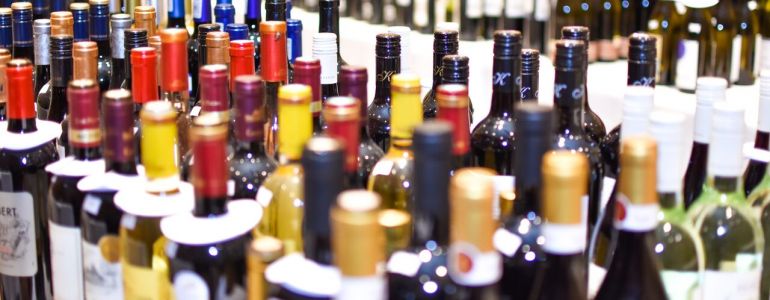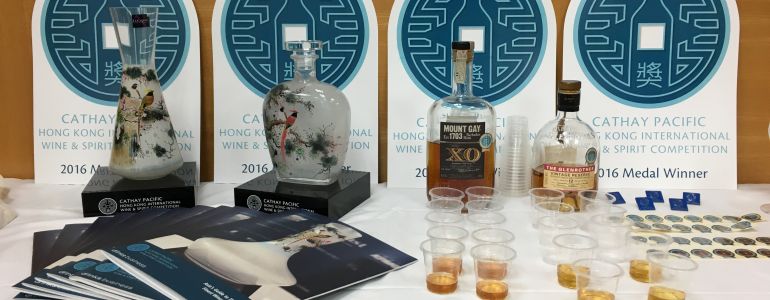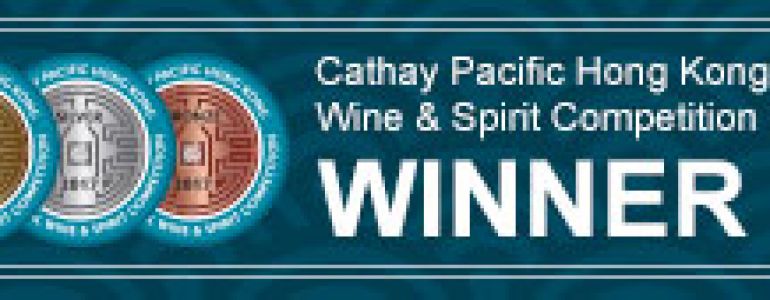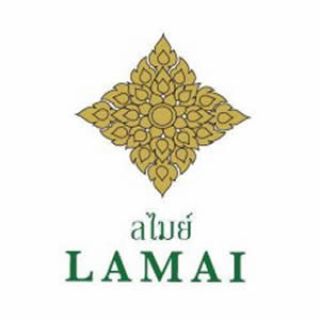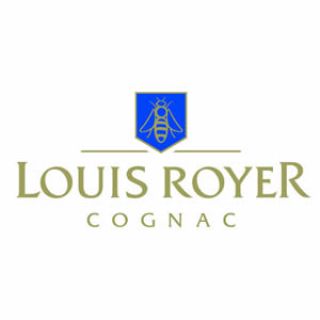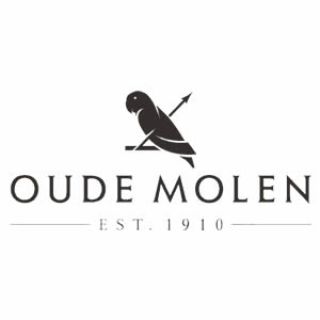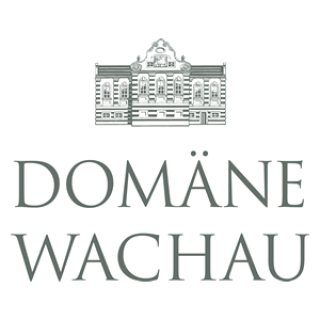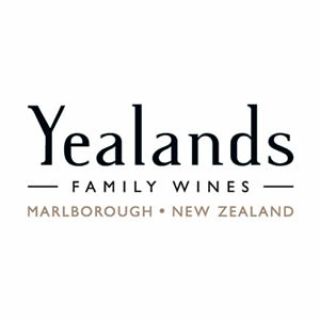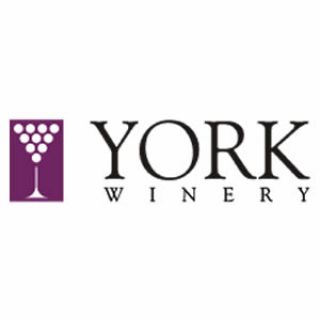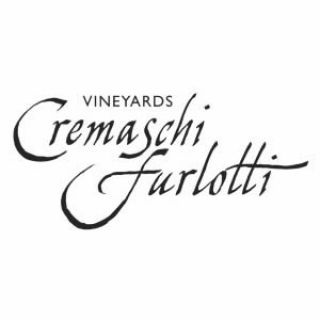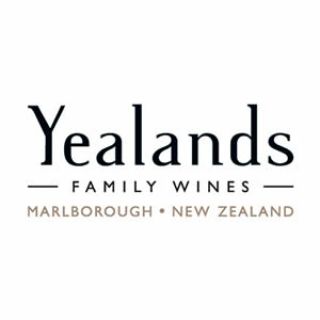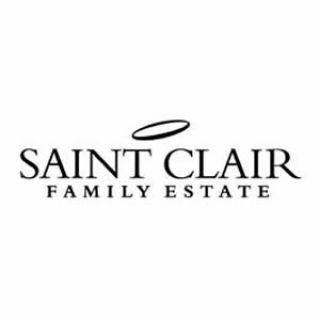四 28 6月 2012
Australian winemaker launches campaign to target Chinese market
An Australian wine brand has launched a million-dollar campaign targeting the Chinese market
An Australian wine label has launched an expensive advertising campaign to help its penetration in the rising Chinese market, it has been reported.
Eli Greenblat is a senior journalist with the Sydney Morning Herald and he revealed for Business Day that Wolf Blass is the brand driving its wines in the Asian market.
Wolf Blass, which is owned by Treasury Wine Estates, has invested millions in the campaign to consolidate its 20 per cent stake in the market, with that figure growing.
According to the brand's chief winemaker Chris Hatcher, the Chinese market reflects that of Britain's in the 1980s in terms of economic and demographic trends.
By that, he means that Australia is at the cusp of clutching the market, with this major drive which incorporates digital media aimed at sealing the deal.
Simon Marton, Wolf Blass' managing director, explained that the brand is traditionally a red wine label and the Chinese market is largely focused on red wines, thus making the pairing potentially lucrative for the brand.
According to the report, the campaign will kick off next year as the label takes advantage of premium growth rates that are more than double what Wolf Blass is enjoying in North America and Europe.
Mr Marton explained that Wolf Blass' signature eagle logo helped lure Chinese consumers, who value the overall appearance of the bottles.
He told Business Day: "The Chinese consumer around the world, no matter which market they are in, likes Wolf Blass as a brand, a little bit in the same way that they like Penfolds.
"With Wolf Blass they like the eagle, they like the name, the colours, it's a simple message and they like the flavour of wine we make with Wolf Blass."
Figures show that of the four million wine cases sold globally by Wolf Blass every year, ten per cent are exported to the Asian market.
That is complemented by the fact that more than 60 per cent of the brand's sales are exports, with it currently the top-selling wine in Hong Kong and Singapore by value.
It was also revealed by Mr Marton that growth in Asia was twice that of America and parts of Europe, with sales by volume rising more than 20 per cent annually in the former compared to ten per cent in the latter.
Further to that is the fact volume growth in Japan stood at 30 per cent, while in China it was 24 per cent, illustrating just how important the Asian market is to Wolf Blass' profits.
Mr Hatcher explained exactly why the Australian wine would prove popular in the Chinese market.
He told Business Day: "Our wines, Wolf Blass, the softer, less-tannin wines, suit Chinese cuisine and people are predicting Australia is sitting in the right spot, in terms of style, for that market, where Bordeaux is starting to flatten off and Australia is starting to take off."
This might help to explain the motives behind a new Australian wine export service, Wine Export Initiative, which is helping local wineries to take advantage of the Asian market.
The company helps wineries take a low-risk approach to accessing the Asian market and trialling their wines there.
David Elliot, WEXI's managing director, explained that the service was being introduced at a time when demand for Australian wines in tourist and domestic markets in some Asian countries was rising by up to 45 per cent.
He said: "Just like all successful collaborations, it's about being at the right spot at the right time.
"By sticking together, wineries will be able to fulfil international sales faster and more efficiently without the massive risk of going it alone."
Photo courtesy of mikethemountain




